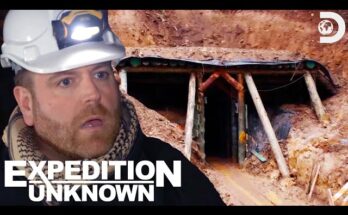(Fictional scenario) The world jolted awake when Elon Musk stormed onto the global feed with a blunt declaration: the enigmatic 3I ATLAS was not human-made. His voice—urgent, electric—split the calm of late-night broadcasts. “It’s confirmed,” he said. “Alien space craft. We need to run or destroy.” Panic rippled through governments, stock markets, and living rooms. Social media ignited into a million flaring theories: surrender, evacuation, stealth study, or immediate obliteration.
Cities convened emergency councils while militaries pushed aircraft to readiness. Scientists begged for time, arguing that annihilation could erase priceless knowledge. Ethicists warned against hysteria; diplomats pleaded for measured responses. Meanwhile, civilians flooded highways, packing cars and hearts with fear. Some followers treated Musk’s words as gospel—others accused him of provoking catastrophe.
In the gray between instinct and reason, a fragile plan emerged: contain the craft, shield civilians, and prioritize observation. Yet the core question remained—how do you face the unknown without becoming what you fear? Musk’s ultimatum had forced a global reckoning: choose blind destruction or brave curiosity. As night fell, the world held its breath, teetering on the edge of panic and discovery, knowing whichever path they took would change humanity forever.


